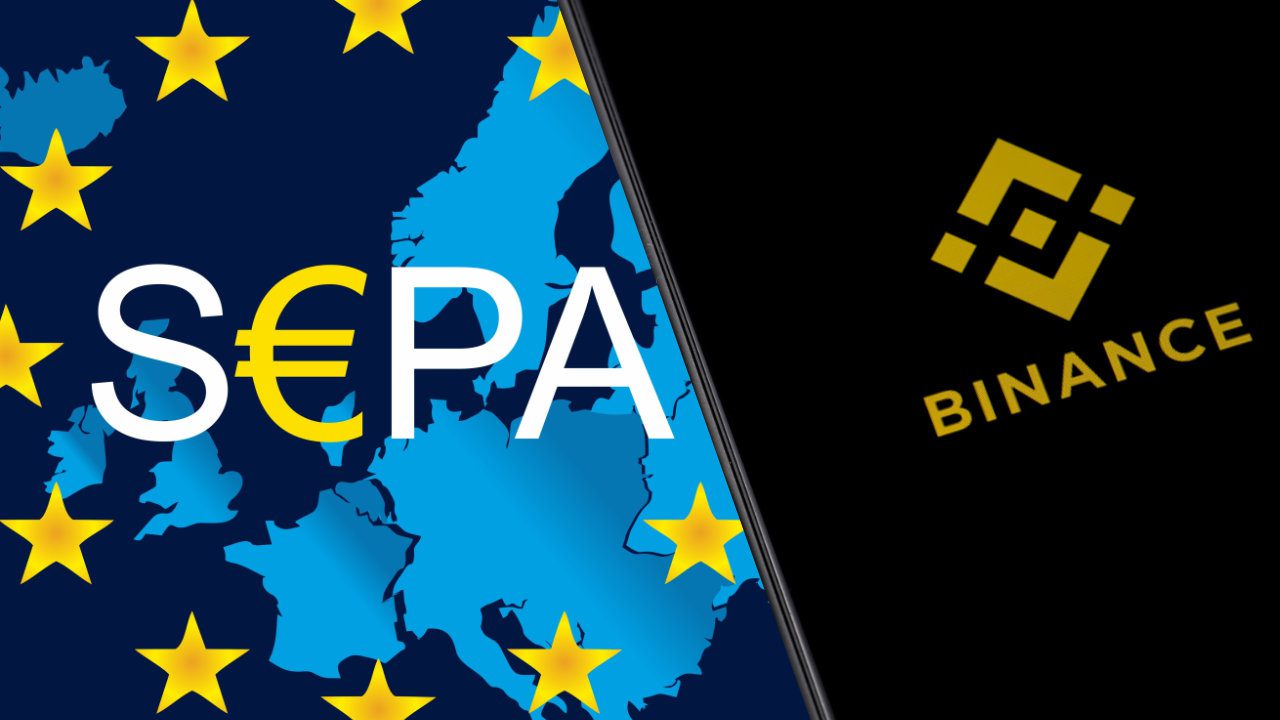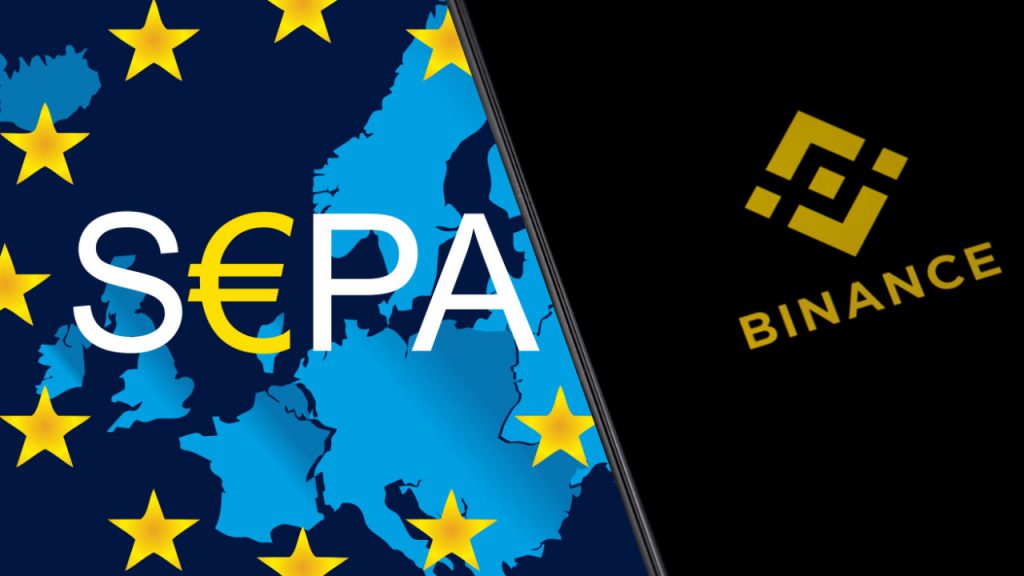
Crypto exchange Binance has partnered with Paysafe to allow EUR deposits and withdrawals via the SEPA payment network. “The full re-opening of SEPA channels will scale up across the markets in due course,” Binance noted.
Binance Resuming SEPA Transfers in Phases
Cryptocurrency exchange Binance announced Wednesday that it has “reopened EUR bank transfer by SEPA.” The company explained:
Binance has partnered with Paysafe to launch the pilot program for EUR deposit and withdrawal via the SEPA payment network, effective 2022-01-26 13:00 (UTC).
“Users are selected based on a range of testing criteria to participate in the pilot program,” Binance added. “The full re-opening of SEPA channels will scale up across the markets in due course.”
A person familiar with the matter told Bloomberg that the rollout will begin in Belgium and Bulgaria, and could potentially be extended to other uses in the weeks ahead. Binance suspended transfers via the single euro payments area (SEPA) in June last year.
The cryptocurrency exchange has been facing scrutiny in a number of jurisdictions worldwide, including Pakistan, Canada, the U.S., U.K., South Africa, Australia, Norway, Netherlands, Hong Kong, Germany, Italy, India, Malaysia, Singapore, Turkey, and Lithuania.
In August, Binance said it is making regulatory compliance a top priority. The company is moving from a decentralized business model to a centralized one, as it pivots from a technology company to a financial services company.
Earlier this month, Binance partnered with a Thai company to launch a cryptocurrency exchange in Thailand. Binance also received in-principle approval from the central bank of Bahrain in December to operate a cryptocurrency service provider in the country.
What do you think about Binance resuming SEPA transfers? Let us know in the comments section below.
Image Credits: Shutterstock, Pixabay, Wiki Commons
Disclaimer: This article is for informational purposes only. It is not a direct offer or solicitation of an offer to buy or sell, or a recommendation or endorsement of any products, services, or companies. Bitcoin.com does not provide investment, tax, legal, or accounting advice. Neither the company nor the author is responsible, directly or indirectly, for any damage or loss caused or alleged to be caused by or in connection with the use of or reliance on any content, goods or services mentioned in this article.
Read disclaimer


